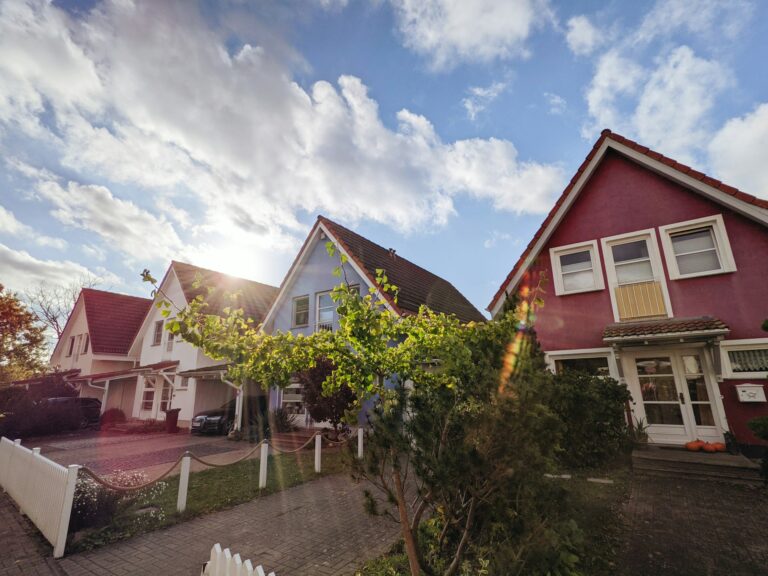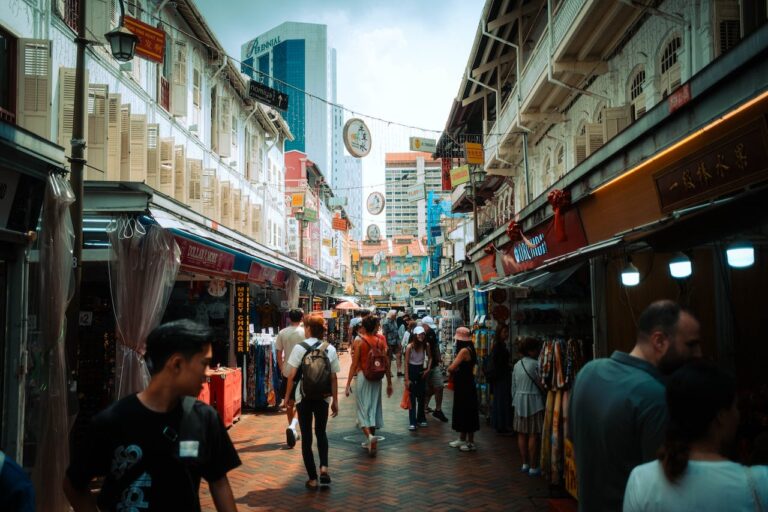Summary:
Investing in Singapore’s real estate market, particularly residential properties, can be a lucrative venture. Whether you are a first-time investor or looking to expand your portfolio, understanding the intricacies of the market is essential. In this guide, we explore the key considerations and steps to take when venturing into Singapore’s residential property market.
Navigating the Path to Real Estate Investment
Singapore Properties, Residential Property
The Allure of Singapore’s Residential Real Estate
Investing in residential properties in Singapore opens doors to diverse opportunities. The allure lies not only in the potential for capital appreciation but also in the variety of property types available, ranging from high-rise apartments to charming landed homes.
Decoding the Investment Landscape
1. Understanding Landed Property Investment
For those captivated by the charm of landed homes, it’s crucial to be aware of the considerations mentioned by Darryl Tan from Knight Frank’s Realty Insight Team. Exploring options like terrace houses, semi-detached houses, detached houses/bungalows, and Good Class Bungalows requires a keen eye for common sense concerns such as neighboring dynamics, home age, and recent renovations.
2. Financial Insights: Maintenance Costs and Lease Terms
Unlike condos, landed property tenants are not burdened with central maintenance fees. However, various upkeep costs like garden maintenance, pool care, and pest control should be clarified before committing to a rental. Lease terms typically range from two to three years, providing flexibility for longer stays if required.
3. Subletting and Airbnb Considerations
Understanding the nuances of subletting and short-term rentals is vital. Mutual agreement between the landlord and tenant is essential for subletting, with limitations on the number of unrelated tenants. Airbnb or similar short-term rentals are restricted to periods longer than three consecutive months.
4. Tenant Modifications and Dispute Resolution
Tenants are permitted to make additions or alterations with landlord approval. However, clear communication and reinstatement commitments are essential. In the event of disputes with neighbors, amicable resolution is encouraged, with involvement of the landlord and realtors if necessary.
5. Embracing Nature: Wildlife Encounters and Additional Considerations
Encountering wildlife like snakes or monkeys on the property is part of the charm of homes surrounded by greenery. Organizations like ACRES can be contacted for rescues or removals. Additional considerations include documentation requirements, accessibility, noise levels, and pollution.
Conclusion:
Investing in Singapore’s residential properties offers a spectrum of opportunities, but success hinges on informed decisions. By considering the factors outlined above, prospective investors can embark on their real estate journey with confidence, balancing the allure of Singapore’s properties with the practicalities of investment. Remember, expertise, authoritativeness, and trustworthiness are crucial pillars in making sound investment decisions.





